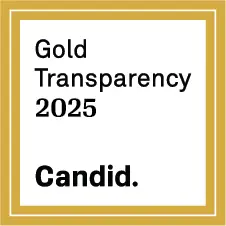Exploring Tunneling in Healthcare – A Study on Nursing Home Financial Practices

A covert financial practice known as “tunneling” is under scrutiny in the healthcare sector. This term refers to the process by which healthcare providers siphon off profits by making overpriced payments to related entities they own. The study focuses on the nursing home industry and reveals a strategic manipulation of costs to enhance profitability while evading regulatory oversight.
Tunneling, a practice that camouflages profits as operational expenses, not only undermines the imposition of stringent quality standards by regulators but also compels public payers to increase reimbursement rates. Furthermore, it acts as a financial shield against malpractice liability risks by shifting assets away from the firm’s balance sheet.
Utilizing detailed financial data, researchers employed a difference-in-differences methodology to ascertain the impact on costs when nursing homes engage in transactions with related entities. The findings unveiled a prevalent pattern of tunneling, primarily through inflated rents and management fees paid to affiliated parties. The study’s projections indicate that in 2019, a staggering 63% of nursing home profits were concealed and redirected to related entities via inflated transfer prices.
This investigation into the nursing home sector sheds light on the broader implications of tunneling in healthcare, highlighting the need for more transparent financial practices and stringent regulatory measures to safeguard the industry’s integrity and financial accountability.


